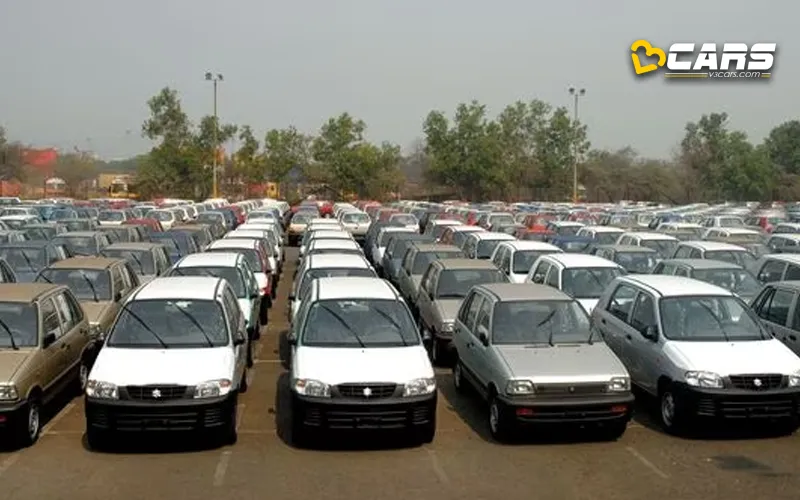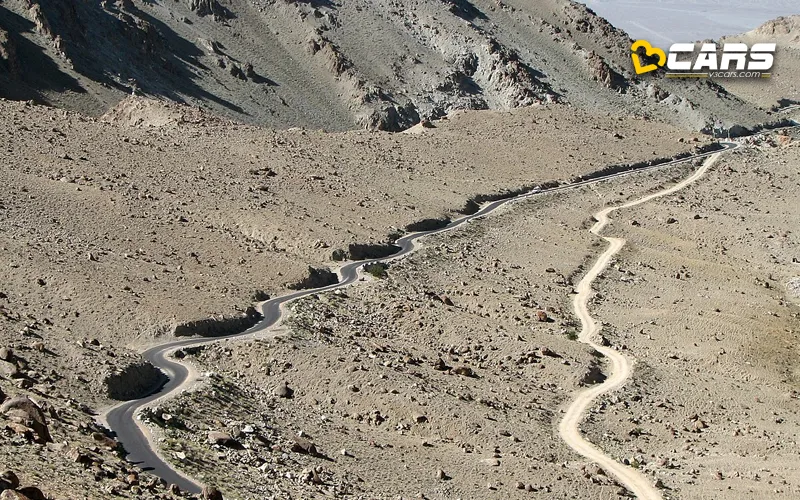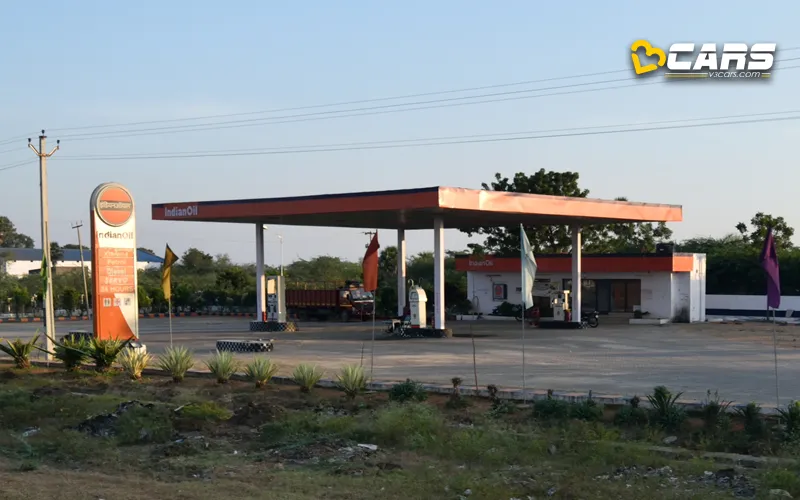Why Is My Car’s Mileage So Low? 7 Reasons For Low Fuel Efficiency
There can be several reasons why your car's mileage is low even if your mechanic says everything seems fine. Here are some possibilities to consider, especially relevant to Indian driving conditions. If mechanically, the car or SUV is in sound condition, then check if any of the following conditions are applicable that may result in poor mileage.

1. Driving Conditions And Driving Style

Your car’s fuel efficiency highly depends on the driving conditions around you. You can expect your car to return a lower mileage or fuel efficiency in the following scenarios:
Stop-and-Go Traffic: This is a major culprit, especially in Indian cities. Constant braking and acceleration use more fuel compared to maintaining a steady speed. The engine works harder to get the car moving from a standstill repeatedly.
Aggressive Driving: Rapid acceleration, harsh braking, and quick lane changes all guzzle more fuel. Smoother driving with gentler acceleration and coasting whenever possible can significantly improve mileage.
Speed: While there's an optimal fuel efficiency range (usually around 50-70 km/h), extremely low speeds in heavy traffic can be inefficient. On the other hand, speeding on highways increases wind resistance and requires more engine power, reducing mileage.
Weather Conditions: Extreme cold weather can affect fuel efficiency. A cold engine burns more fuel to reach operating temperature. Similarly, hot weather with constant AC usage puts a strain on the engine, impacting mileage.
Terrain: Hill climbing and off-roading require more power from the engine, leading to lower fuel efficiency compared to flat, even roads.
Road Conditions: Rough or damaged roads can increase rolling resistance, forcing the engine to work harder and burn more fuel.
Traffic Signals: Frequent stops at traffic lights can disrupt fuel efficiency.
Idling: Leaving your car idling for extended periods consumes fuel unnecessarily.
2. Car’s Age

A car's age can affect fuel efficiency, but it's not always a straightforward cause-and-effect relationship. Here's a breakdown of the factors involved:
- Gradual Decline: Over time, various engine components can wear down slightly, leading to a gradual decrease in fuel efficiency. This might be due to:
- Worn spark plugs cause incomplete combustion and wasted fuel.
- Clogged air filters restrict airflow and affect the optimal air-fuel mixture.
- Increased friction within the engine due to wear and tear.
- Age Vs. Usage: The number of kilometres driven on a car often has a more significant impact on fuel efficiency than just its age. A car that has run long distances, regardless of age, will likely have less fuel efficiency than the same model that has fewer kilometres on its odometer.
3. Weather

He weather also plays a crucial role in the fuel efficiency or mileage of your car:
- Hot Weather: When temperatures soar, car air conditioners work overtime to keep you cool. This extra load on the engine can significantly reduce fuel efficiency, especially for larger vehicles with powerful AC compressors.
- Cold Weather: Winter presents its own challenges. While heaters are essential for comfort, they can also decrease fuel efficiency. This is particularly true in:
- Internal Combustion Engine (ICE) Cars: Using heaters alongside occasional AC usage to clear fog can lead to lower mileage compared to moderate weather.
- Electric Vehicles (EVs) with Resistor-Based Heating: These systems struggle in cold weather. Battery range suffers because cold temperatures reduce battery capacity, and resistor heaters use significant electricity, draining the battery faster and limiting driving range.
4. Altitude

Even the altitude can play a significant role in your car’s mileage.
- The Climb Takes More Fuel: Conquering hills requires more engine power, naturally leading to increased fuel consumption compared to flat terrain.
- Thinner Air, Richer Mixture: As you climb higher, the air becomes thinner, containing less oxygen. To compensate, your car's Engine Control Unit (ECU) adjusts the air-fuel mixture. It injects more fuel to maintain engine performance, which unfortunately comes at the cost of lower fuel efficiency.
5. Short Trips
Taking several short trips in your car can impact your car's fuel economy. Here's why:
- Incomplete Warm-up: Your engine operates most efficiently at its ideal operating temperature. Frequent short trips don't allow the engine to reach this temperature, resulting in slightly lower fuel efficiency. Here’s how you can maximise your car’s mileage on short trips:
- Combine Errands: Plan multiple stops into one trip to allow your engine to reach optimal temperature and improve overall mileage.
- Consider Alternatives: For very short distances, walking, cycling, or carpooling might be more fuel-efficient options.
6. External Accessories

External accessories like an aftermarket spoiler, large alloy wheels, wider tyres, impact a car’s mileage.
Spoilers: Most spoilers found in the aftermarket are not designed for performance gains. Instead, they are considered styling accessories to make your car look sportier. However, spoilers can increase drag at high speeds, which affects your car’s mileage negatively.
Larger Alloy Wheels: Similarly larger alloy wheels are heavier than the stock wheels. Due to the increase in rotating mass, larger alloy wheels increase the effort required by the engine to move the car, leading to a decrease in fuel efficiency.
Wider Tyres: Finally, while wider tyres may help improve traction and grip thanks to the increased contact patch, they create more friction and rolling resistance, leading to a drop in fuel efficiency.
7. Fuel Quality

Last but not least, the quality of the fuel you fill in your car also affects its performance and efficiency. Fuel quality varies from city to city and pump to pump in India. Contaminated or degraded fuel can have a negative impact on fuel efficiency. This can happen due to factors like:
- Storage Issues: Fuel that's been stored for extended periods can lose some of its volatile components, leading to lower efficiency.
- Water in Fuel: Water contamination can disrupt combustion and reduce fuel efficiency.
Note: Check your Car EMI with our - Car Loan EMI Calculator
You can use our Mileage Calculator to see how many kilometres per litre your car returns by clicking the link below.


0 Comments